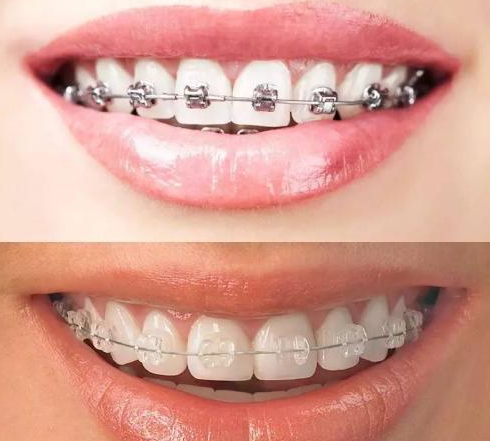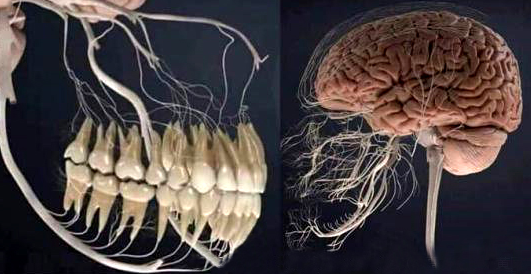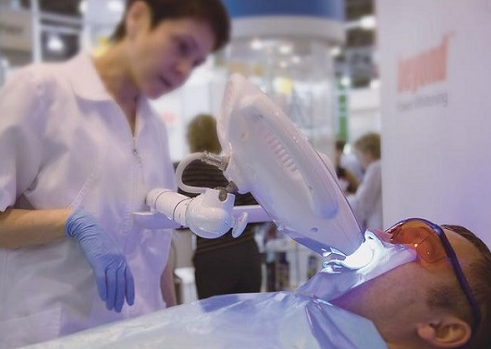Nowadays, many people are not satisfied with their teeth. Some are born with malformed teeth and need to be corrected by orthodontics. If you do not have much knowledge about orthodontics and cause some damage to your teeth, then The gain is not worth the loss, so it is necessary to understand the hazards that may occur during orthodontics, and be psychologically prepared.
This article will give a brief introduction to this problem, let’s take a look.
- Cause teeth to loosen
Tooth looseness is a common situation during orthodontics, because in normal times, each of our teeth has a physiological looseness to buffer the pressure when chewing food and prevent tooth damage. During the period of orthodontics, the looseness of the teeth will increase. This is a normal reaction. Because our teeth rely on the periodontal ligament to be fixed in the alveolar bone, if we want to move, we need to rebuild the alveolar bone and periodontal ligament, so the teeth will become looser. But when the teeth are corrected to the desired position, the teeth will be stabilized by the change of the periodontal ligament, and there will be no permanent damage.
- Unclear speaking
Some friends may feel uncomfortable when they first put on the braces. In the next short period of time, there may be soreness and slurred speech. This is because a foreign body made of steel is added to the tooth, and it may also form a certain amount of pressure on the soft tissue around the tooth. The tongue will often touch the steel wire when you are in trouble. This is where everyone’s patience is needed.
- Lead to soft tissue contusion
Because most of the dental braces are made of stainless steel, these steel wires and steel teeth are relatively hard materials, which may cause some damage to our gums, tongue and inner lips. During the initial period of wearing orthodontic appliances, the running-in process may be more difficult. Bleeding gums, tooth soreness, and scratching are more common. You must have some psychological preparation.
4. Affect the height of alveolar bone
This is a potential hazard of choosing orthodontics. For those who have undergone orthodontics, the alveolar bone will have a small decrease in height. This is because wearing dental braces makes it difficult to maintain oral hygiene, increases the chance of gingivitis, and causes some impact on the alveolar bone. After orthodontics, if you can maintain clean oral hygiene, you will gradually return to normal. Although there are some harms to orthodontics, most of them can be avoided. Don’t be afraid of shrinking because of these harms. If you find a regular dentistry department, you will be given a suitable method for orthodontics based on your dental condition. The hazards of the above-mentioned orthodontics can be completely avoided, so don’t worry too much.
Dentistry of orthodontics article
- IS CERAMIC BRACES ARE THE RIGHT CHOICE FOR YOUR TEETH
https://www.dentallaboratorio.com/is-ceramic-braces-are-the-right-choice-for-your-teeth/
- What is orthodontics in dentistry
https://www.dentallaboratorio.com/what-is-orthodontics-in-dentistry/
- Orthodontic Production in Dental Laboratory
https://www.dentallaboratorio.com/orthodontic-production-in-dental-laboratory/








